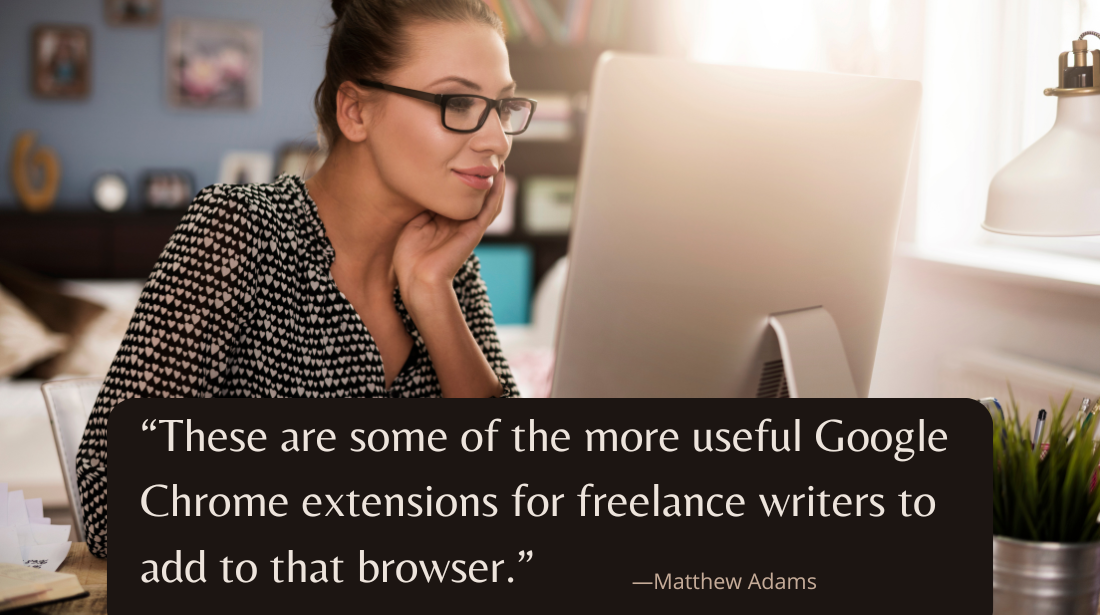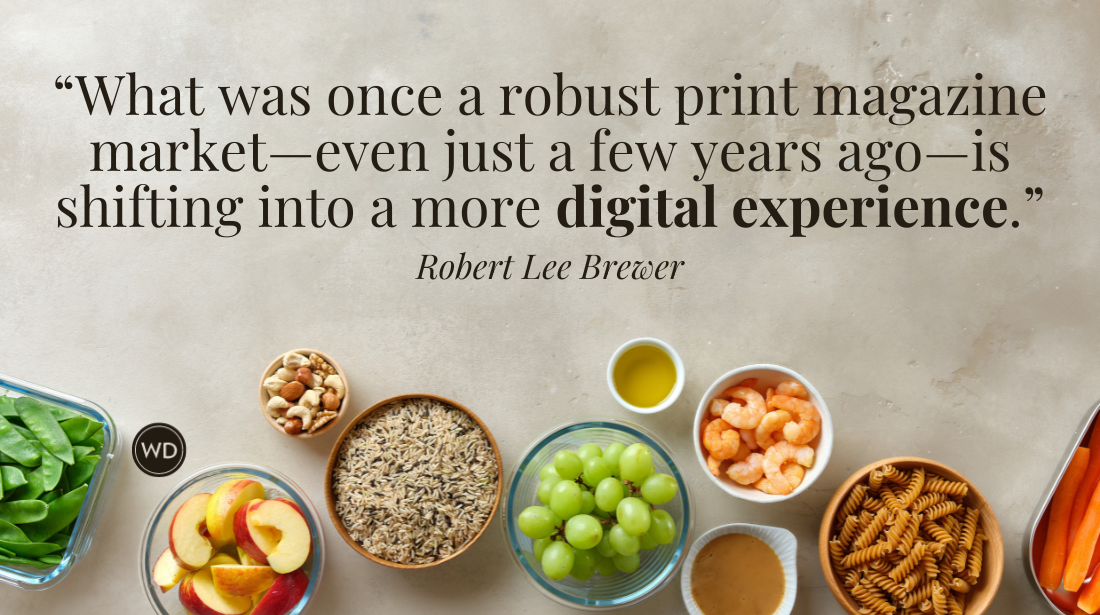Kindle, iPhone, iPad: Exploring the Impact for Writers and Authorship
Pictured above: My office at Writer’s Digest, from L to R: Kindle 2, MacBook (with iPhone sitting on top), iPad When I started working in publishing (1998), the epic dream…
Pictured above: My office at Writer's Digest, from L to R: Kindle 2, MacBook (with iPhone sitting on top), iPad
When I started working in publishing (1998), the epic dream of writers was to get their book published, have it win awards or hit the bestseller list, then allow that success sustain a lifetime of writing more great books.
That is still the Big Dream.
Yet this feels more and more like an archaic dream—not because people will stop reading, or because the book form will disappear, but that this path:
(1) may close off entirely for new writers, depending on the future of traditional publishing
(2) may not present sufficient earnings (if it ever did!)
(3) envisions the book as the end result and ultimate achievement of a writer's effort.
Writers remain completely focused and obsessed over getting their work published, marketed, and financed by authority figures. Alain de Botton, my favorite successful traditional author, recently tweeted, "Peculiar how writers imbue publishers with an aura of parental/pedagogic authority—when they are in fact simply folks in business."
And it feels more peculiar than ever considering how much we talk about publishing being broken.
I gave a keynote this past weekend at the Mad Anthony Writers Conference that emphasized the need for writers to think beyond the book when envisioning their careers. If writers desire to spread a message, have an impact on a readership, and be heard, then there are many ways to do that aside from publishing a book.
Sometimes a book, or a book traditionally published, is not a smart or efficient way to spread a message or to gain a readership. A book is just one form, one component, of a larger career.
Especially now.
This has been a long intro to say a few words about the e-book and gadgetry wars that promise to transform how writers and publishers work together (or don't work together).
Gadgetry Thoughts
I have a Kindle, MacBook Pro, iPhone, and now an iPad via my company. Since 2009, I've been buying and reading exclusively e-books, but I purchase probably 3 times as many titles because it's so easy—and it's widely reported that Kindle has led to additive book sales for the industry.
However: I am reading far more online-only material via blogs, communities, Facebook, Twitter links, etc, than book material.
I discover new writers/authors/experts primarily online, and those writers don't become more valuable to me just because they have or will have a traditional, printed book. Who cares? I just look for compelling stories, superior content, eclectic recommendations of others to follow (or things to read), and opportunities for authentic interaction.
If you, as a writer, are not participating in any of this, how can you expect to get known? Are you hoping you'll make an impact by appealing to that diminishing group of people who still browse the last remaining bookstores? What happens if bookstores disappear entirely? Then how will you find readers?
I don't mean to imply that gadgetry will save you. It's probably not going to "save" publishing either. As my colleague Guy is fond of saying, it's not the tools that are important, it's your strategy. You choose the right tool to accomplish your goals.
My assessment of a few new tools, so far:
Kindle. Yeah, people make fun of it for looking like it came from the 1980s. But it works perfectly for reading and buying books without a hitch, and that's all I want it to do: offer an immersive reading experience, the same as a physical book. Mission accomplished.
iPhone. Like a Swiss Army knife—you can probably accomplish anything you need it to, on a limited scale. Mobile apps by far are the biggest area of untapped potential for writers and publishers to exploit ... which ...
iPad. ... is an effect even MORE amplified by the introduction of the iPad, also app-based. Go see Alice on iPad
for an idea of what I mean.
But when it comes to reading black-and-white, long-form text? Overkill. I hate it. Kindle wins.
When it comes to reading four-color PDFs, magazines, or illustrated documents? Dreamy. So far, this is a superb multimedia toy—great for TV, movies, games, cotton candy reading/browsing, online socializing.
When it comes to productivity, I'm just not feeling it. Perhaps it works great for artists. Or maybe I'll change my mind when there's more advanced functionality in apps like Keynote or Pages.
To clarify, what does this have to do with you? Go read more from people smarter than me:
- The Reality of Digital Content by Seth Godin. Why writers will never make a living again just writing.
- Publishing's Real Problem by Brian O'Leary. A quick but powerful note on the importance of "content agility." Never develop content for just one use!
- iPad Is the Google Killer. This post explains how apps may come to rule our lives.
- Three Overlooked Lessons About the iPad by Mark Hurst. How the iPad moves us into an era of touch computing. (Very important to recognize since we will be reading most books and mags in 100% digital form before long.)
- The
iPad, Transmedia, and the Future for Publishers by Guy Gonzalez. Read
about cross-media opportunities for authors and publishers. - What's
the Difference Between an eBook and an App? Get a taste of the
device/format wars. - Transmedia
Requires New Breed of Writers, Publishers by Alison Norrington.
Explores more in-depth the idea of transmedia storytelling. - Software Is Media. If we're communicators, then we have to acknowledge the role that software now plays in all communication (written or not).
- Reality TV, iPhone, and the Future of Technology. A fascinating lecture about how our lives may turn into a giant game, a la Farmville. I'm slightly amused and also horrified. But important for writers and all content creators to take note of.
I'm offering a webinar this week on how writers can prepare, adapt, and flourish during a very transformational time in publishing. Go find out more and register.
Jane Friedman is a full-time entrepreneur (since 2014) and has 20 years of experience in the publishing industry. She is the co-founder of The Hot Sheet, the essential publishing industry newsletter for authors, and is the former publisher of Writer’s Digest. In addition to being a columnist with Publishers Weekly and a professor with The Great Courses, Jane maintains an award-winning blog for writers at JaneFriedman.com. Jane’s newest book is The Business of Being a Writer (University of Chicago Press, 2018).








